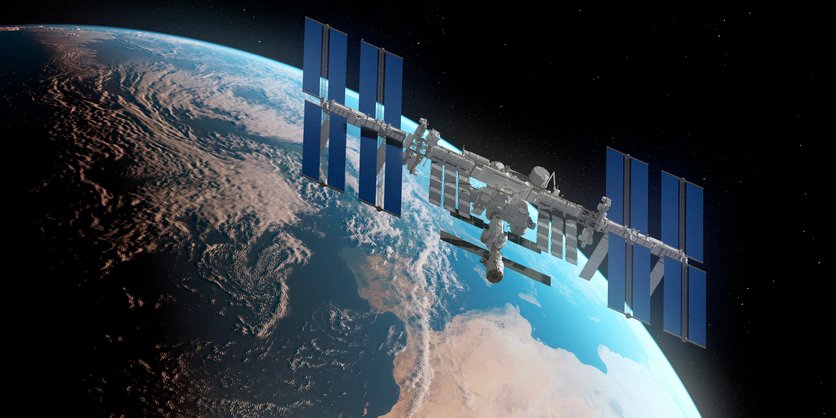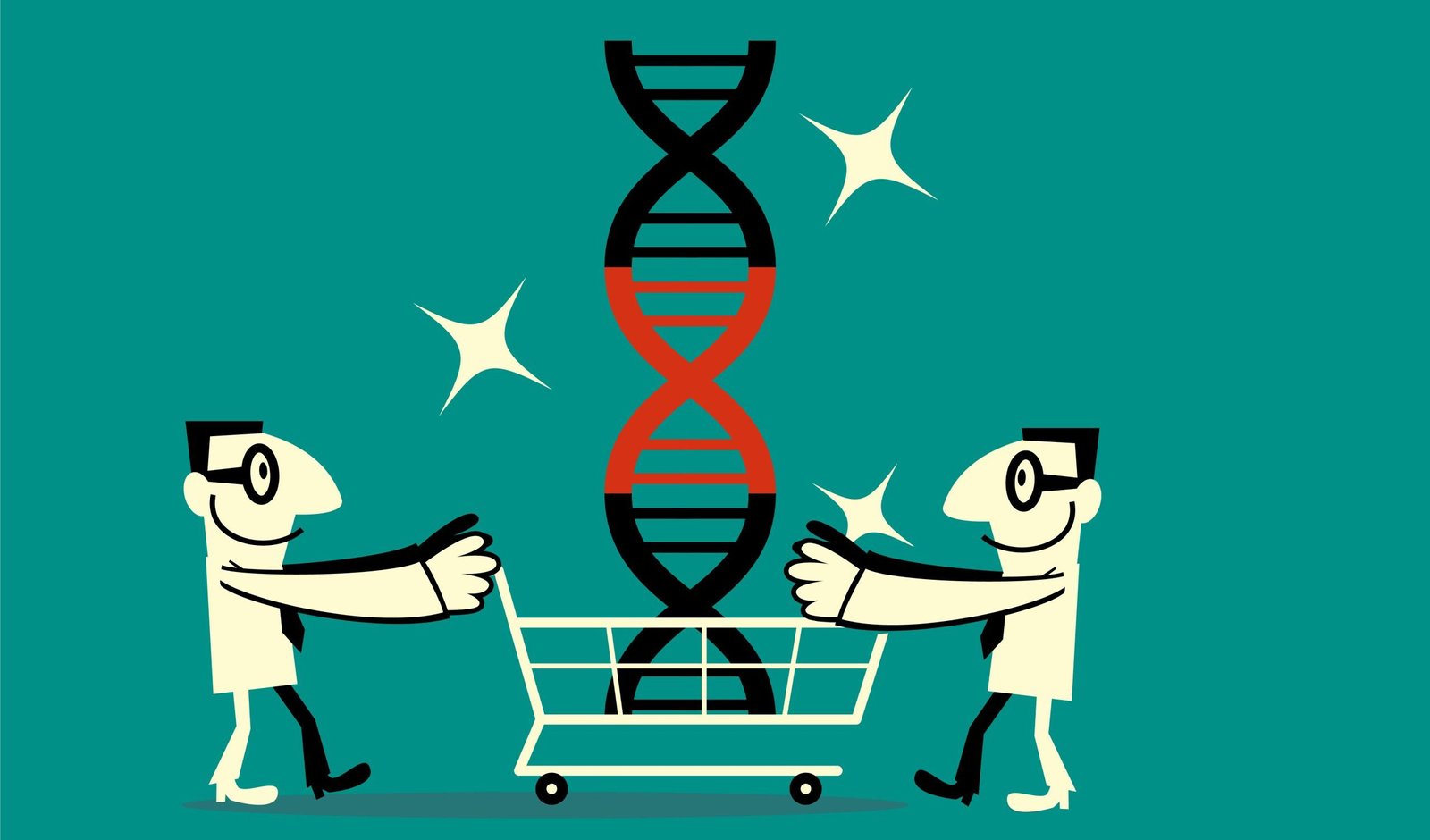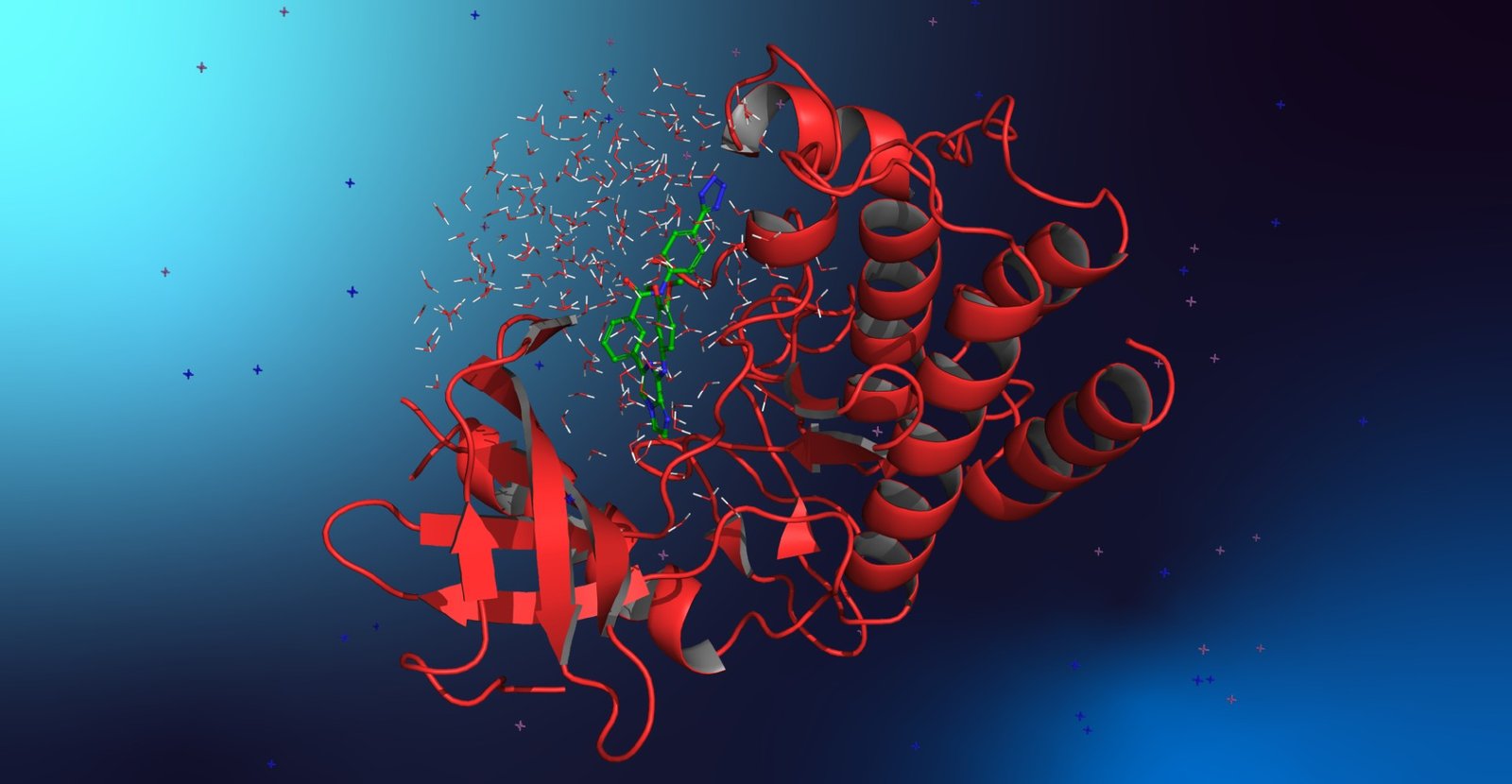This week’s episode explores two frontiers: space travel and artificial intelligence. First, we discuss a study testing whether mouse sperm cryopreserved and stored in the International Space Station could still produce healthy offspring back on Earth. It’s a question with real implications for the future of deep space missions and even space tourism. Then, we turn to recent advances in AI. We talk about a machine-learning model trained to predict more effective nanoparticles for delivering RNA vaccines and therapies. Also, we learn about an AI model that designs peptides for challenging targets in cancer and neurodegenerative disease without needing detailed protein structures.
Listed below are links to the GEN stories referenced in this episode of Touching Base:
The State of Biotech Summit Registration
Space Station Stem Cells Successfully Produce Healthy Mice
GEN, August 18, 2025
COMET’s Rocket Speed: AI-Designed Nanoparticles Accelerate mRNA Therapies
GEN, August 18, 2025
Protein Language Model Hits Undruggable Targets, No Structure Required
By Fay Lin, PhD GEN, August 14, 2025
Touching Base Podcast
Hosted by Corinna Singleman, PhD
Behind the Breakthroughs
Hosted by Jonathan D. Grinstein, PhD
The post Stem Cells in Space and AI for Nanoparticles and Peptide Design appeared first on GEN – Genetic Engineering and Biotechnology News.



